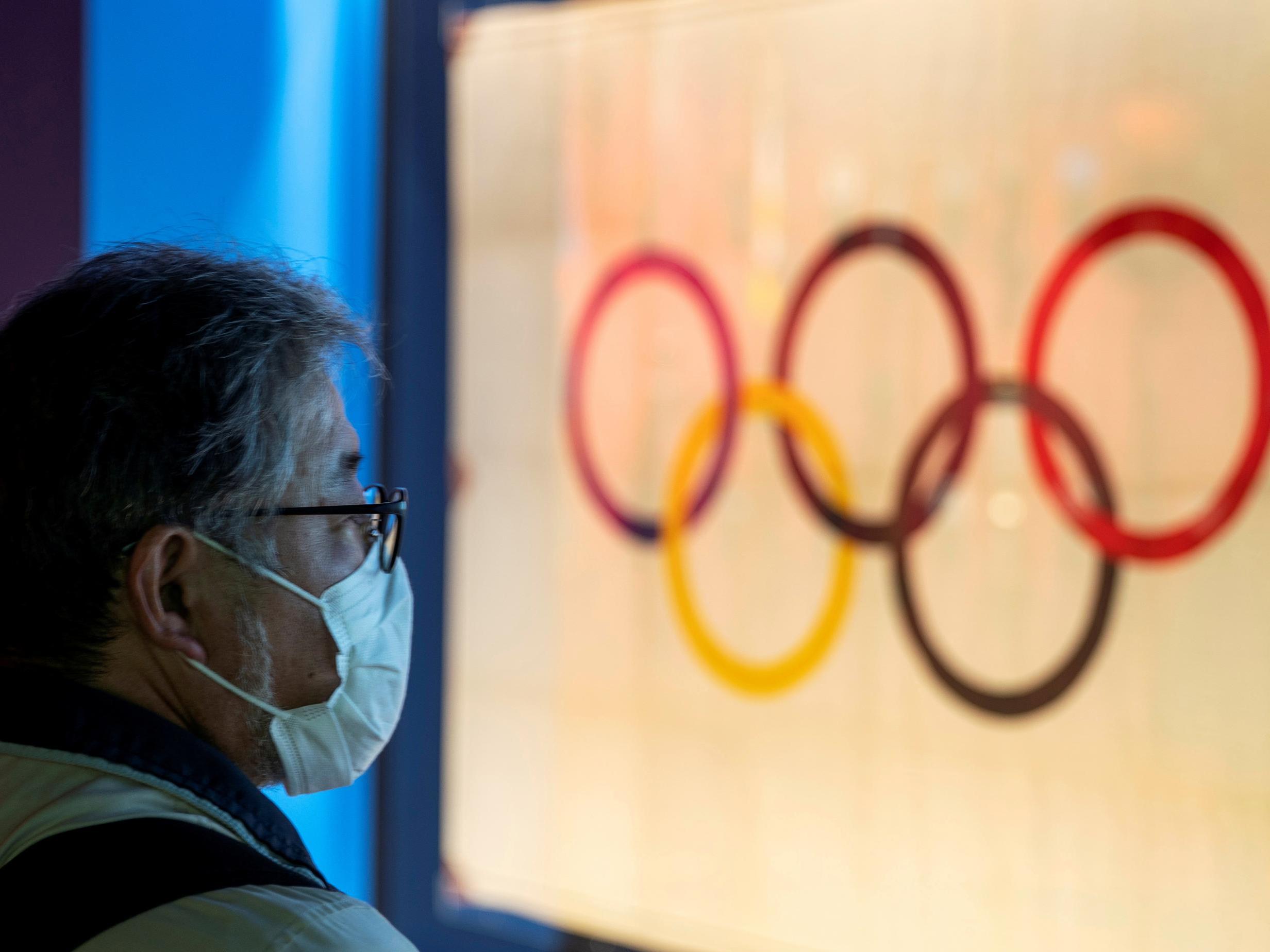Will the Tokyo Olympics even happen next year?
With a coronavirus-ravaged economy and a vaccine still many months away, Luke Brown examines whether there is really any chance of the Tokyo Olympics taking place next summer


There was no time to waste. From the moment that Japan’s prime minister, Shinzo Abe, and the International Olympic Committee [IOC] president, Thomas Bach, made the announcement that the Tokyo Olympics were to be postponed until 2021, they immediately sought to reassure the world that, come what may, the Games were going to go ahead.
Cancelling the Games was “out of the question”, Abe insisted. And while the more matter-of-fact Bach did admit that a cancellation had been briefly “considered”, he was quick to add that “it was very clear that should not be something the IOC would in any way favour”.
The IOC moved quickly. They immediately published a statement, along with the Tokyo 2020 Organising Committee, in which they promised the Games would “be rescheduled to a date beyond 2020 but not later than summer 2021”. They eventually decided on 23 July – 8 August 2021. And, a little later, they said the Games would continue to be known as the “Olympic and Paralympic Games Tokyo 2020” – regardless of the year they would eventually end up taking place in.
This decision generated much mirth on social media. But there was an important financial reason behind the admittedly clunky branding. Thousands of small businesses had already started stocking up on 2020 merchandise. By keeping the branding, the Japanese government was making good on their vow to help small businesses through the delay.
At that point the government could still point towards another glimmer of light in dark, uncertain times. Earlier in March, a report by a securities firm found that a one-year delay was not expected to hurt the Japanese economy. “The expense of running the Games will remain the same and the audience will most likely return after the worst of the virus has passed,” Yuhei Takano, an economist at SMBC Nikko Securities Inc. and co-author of the report, told TIME.

But Takano’s confidence was predicated on two key factors. The first was that the delay was not followed by a coronavirus-related financial crisis. The second was that the Games would take place by the summer of 2021, and not be cancelled altogether.
Sadly, such confidence already seems misguided.
Uncertainty over Japan’s economic outlook remains extremely high, with Abe this week unveiling a record $1.1 trillion stimulus package to expand cash payments to its citizens, in an attempt to prevent the world’s third-largest economy falling even deeper into a recession. The extra borrowing will add to the industrial world’s heaviest public debt burden, which is more than twice the size of Japan’s $5 trillion economy.
In fact, some experts now believe that Japan may be better off if it did not have to stage the Games altogether.
Goldman Sachs had already estimated that Japan would lose $4.5bn in inbound and domestic consumption in 2020 if the Olympics did not take place as planned, only for IOC member John Coates to claim the rescheduled Tokyo Games could help to “kick start” Japan’s economy and rescue Abe, who he called a “very smart man”. Others are unsure.
“His predictions fly in the face of all the research on the financial impacts of hosting the games ‘on a good day’ – and the current global crisis does not qualify as ‘a good day,’” Helen Lenskyj, a professor emerita at the University of Toronto, told the Associated Press.
“At this moment in history, ‘a very smart man’ would be wishing his country did not have the added burden of hosting the Olympics.”
There is another mounting problem for Abe and the IOC: their proposed 2021 date may now not even be possible. And with a Covid-19 vaccine still around one year away, according to even the most optimistic estimates, medical experts are growing increasingly sceptical the Games can begin on their proposed 23 July 2021 start date.
“When we talk about bringing sports back with packed stadiums, I really think that is something we are going to have to wait for a vaccine to be able to do,” sad Zach Binney, an epidemiologist at Emory University in the United States, today told Reuters.
“Every person that you add to a gathering adds risk. So once you get up to 50,000, 70,000, 100,000 (fans)... that is an enormous amount of risk to be taking on without a vaccine.”

Binney’s fears are echoed by Dr Kentaro Iwata, who drew international attention for his criticism of the Japanese government when quarantined in February on the Diamond Princess cruise ship, along with thousands of passengers.
“I do not think the Olympics is likely to be held next year, if held at any time,” the virologist told the Foreign Correspondents Club of Japan in a teleconference. “Japan might be able to control this disease by next summer, and I wish we could, but I do not think that would happen everywhere on earth.”
The unprecedented decision to delay the Games was only made less than one month ago. A Kyodo news poll in the week ahead of the announcement found that almost 70% of respondents said they did not expect the Games to go ahead this summer. And now there is an increasing fear that the de facto 2021 Games could be heading the same way.
The IOC and Tokyo 2020 Organising Committee remain bullish. “The mission is to prepare the stage for next summer; we do not feel it is appropriate to respond to speculative questions,” spokesman Masa Takaya said in a short statement on Monday. But these questions may not remain speculative for much longer.
Join our commenting forum
Join thought-provoking conversations, follow other Independent readers and see their replies
Comments